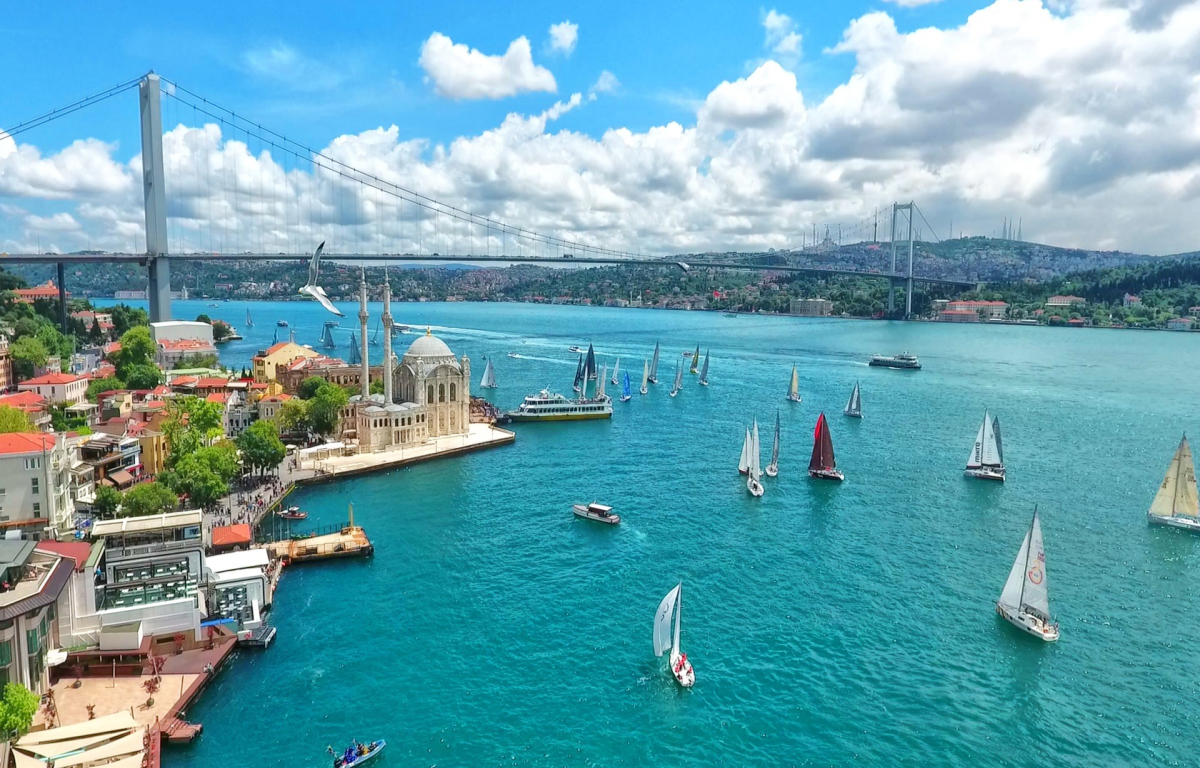As Türkiye marks the first anniversary of its most devastating earthquake in over 80 years, the country is undergoing a massive rebuilding and recovery effort.
The earthquakes on February 6, 2023, caused unprecedented loss of life, destruction of houses and infrastructure, and economic damage across 11 southern provinces, impacting 14 million residents.
The World Bank Group, a key development partner, swiftly mobilised to support the recovery efforts. Two Bank-financed operations totalling $1.45 billion are in progress, focusing on rebuilding damaged infrastructure, restoring health services, reconstructing rural housing for 7,000 people, and supporting small businesses. Additionally, a $600 million initiative facilitates credit flow to companies in the affected areas.
Search and Rescue
The immediate priority after the earthquakes was to save lives. Thousands of emergency workers and specialised equipment were deployed to the affected regions for a large-scale search and rescue operation. Equipment initially purchased for the Antalya Wastewater Treatment Plant under the Bank Group's Sustainable Cities Project was repurposed to help locate survivors in Hatay province.
Healing Healthcare
In Antakya, which was heavily affected by the earthquakes, the 300-bed Defne Hospital was constructed rapidly to restore healthcare services. Supported by the Türkiye Earthquake Recovery and Reconstruction Project and the Health System Strengthening and Support Project, the hospital acquired medical and other essential equipment to offer general and specialised medical services, such as intensive care, dialysis, and MRI imaging.
"The rapid establishment of this fully equipped health facility is a symbol of hope, providing medical care and promising recovery for our community," said Dr. Barış Kavvasoglu, Chief Physician at Defne Hospital.
The Bank Group's Multilateral Investment Guarantee Agency also guarantees the construction of a hospital in Gaziantep province, which will serve 9,000 patients daily. Estimates indicate that the earthquakes severely damaged nearly one-third of the healthcare infrastructure, with recovery costs estimated at $4.3 billion.
Restoring Livelihoods
"We faced a financial earthquake on top of human suffering and destruction," said Edip Kiliçlar, owner of Kaltek Machinery in Antakya. The company, which produced specialised machine parts and employed 30 people, saw its operations halt and lost 50% of its workforce. It resumed partial operations three months later and received a $10,000 reimbursable grant under the Türkiye: Post-Earthquake Micro, Small and Medium Enterprises Recovery project. Mr. Kiliçlar hopes to restore operations despite ongoing challenges fully.
The $450 million Türkiye
Post-Earthquake Micro, Small and Medium Enterprises (MSMEs) Recovery project, implemented by Türkiye's Small and Medium Enterprises Development Organization (KOSGEB), aims to stimulate economic recovery by supporting MSMEs in the affected provinces. Since becoming effective in September 2023, the project has extended financial aid to nearly 9,000 MSMEs.
Additionally, the Bank Group's International Finance Corporation has allocated resources to improve credit access for the private sector. A $530 million facility targets MSMEs, while a $150 million package supports a critical manufacturing company in the earthquake region. The 11 impacted provinces have nearly half a million private firms, of which 99% are MSMEs—the primary source of employment for low-income households.
Given the extent of the destruction, the recovery of the Turkiye road will be extended. However, the Bank Group remains committed to supporting a sustainable and resilient recovery for Türkiye against future shocks.
#turkeynews #update #earthquake #restoration #visitturkey #turkeytourism



